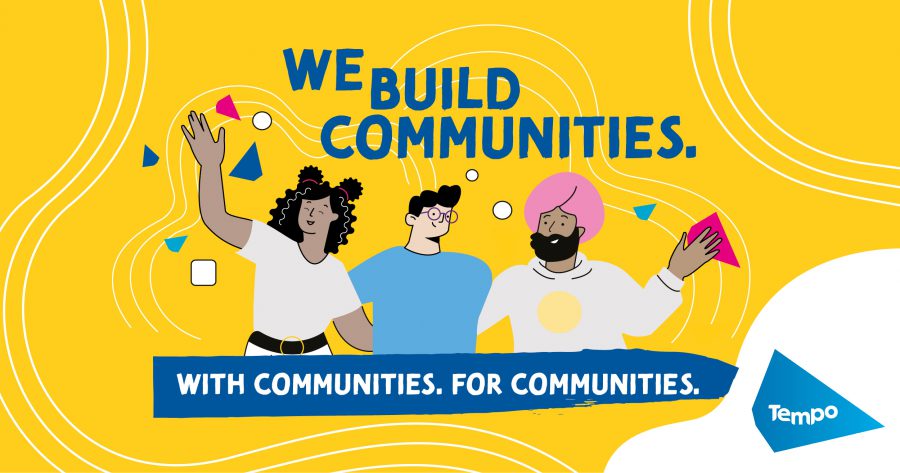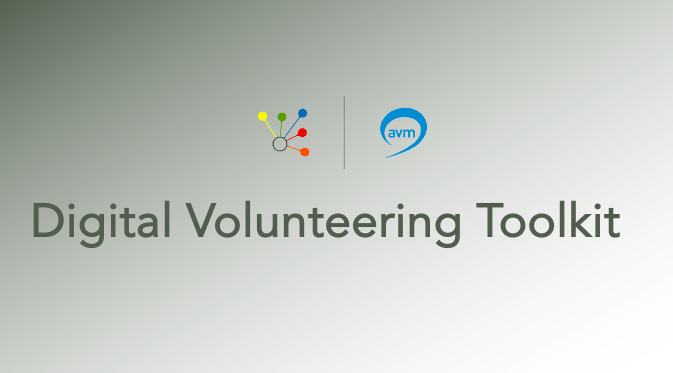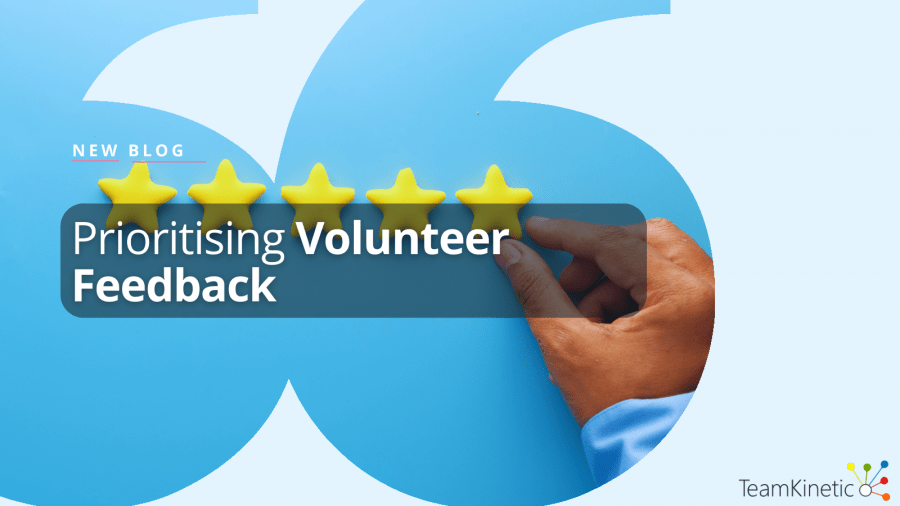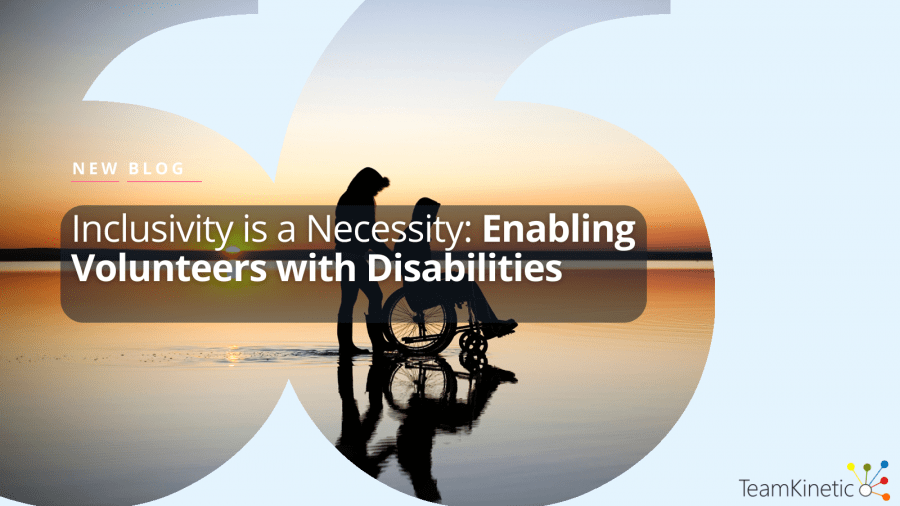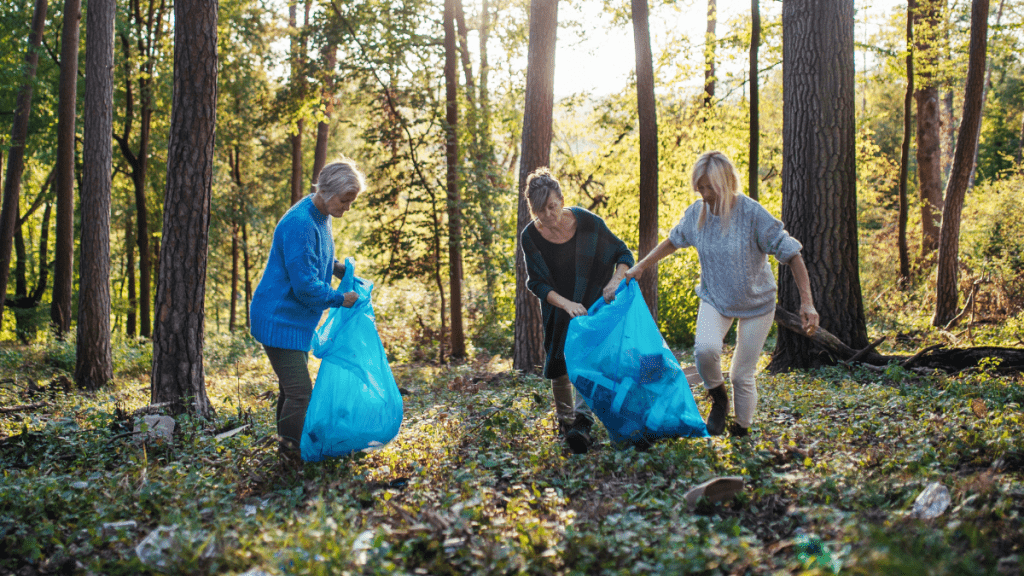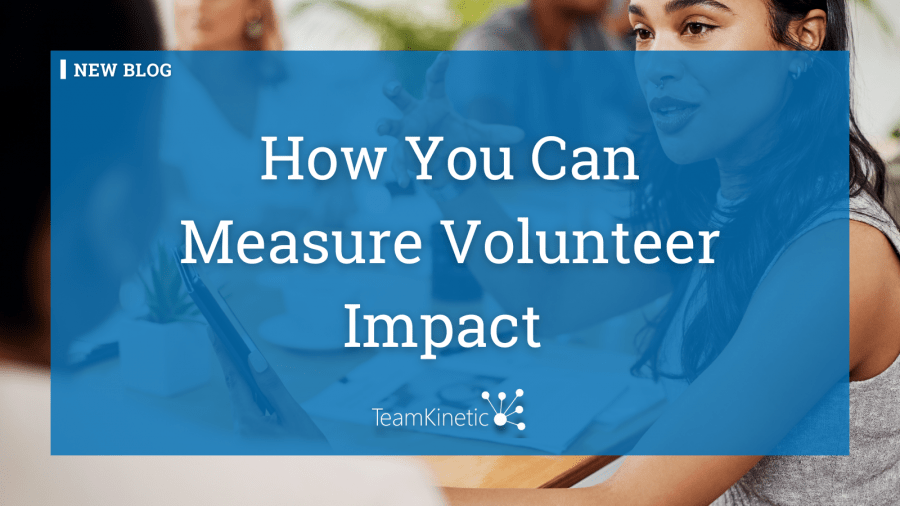Look out for a new way to reward volunteering with TeamKinetic and Tempo, in the meantime, enjoy this guest blog from Rachel Gegeshidze, CEO of Tempo!
Our mission at Tempo is clear and compelling: to build a national network of communities dedicated to making positive societal change. We believe in harnessing the power of individuals whose contributions are not only recognised but also valued. We achieve this through the innovative Tempo Time Credits system.

History of Tempo
Founded in the Welsh Valleys in 2009, Tempo has emerged as a leading UK-based community development organisation committed to creating connected, fair, and healthier societies. Our extensive history is marked by successful partnerships with communities and public services, specialising in front-line delivery, strategic planning, and fostering collaboration among diverse entities.
Our experienced team, composed of community practitioners, public sector specialists, and trainers, works collaboratively with citizens, communities, organisations, and services to co-produce solutions at the grassroots level. We see ourselves as the thread that connects people, services, and businesses, serving as the key that unlocks the potential for them to create communities where they can thrive.
We focus on creating pathways to volunteering, emphasising community involvement and recognising people’s skills and strengths – a paradigm that accentuates what’s strong rather than what’s wrong.
Tempo’s Impact
At the heart of Tempo’s transformative initiatives is the Time Credit tool. A groundbreaking concept designed to motivate individuals to contribute their time to community causes. Since its inception in 2011, Tempo has empowered over 35,000 individuals to donate their time to local projects, actively involving them in the design and delivery of public and community services. In our 2023 annual survey, an astounding 40% of respondents had never or only occasionally volunteered before receiving Time Credits, underscoring Tempo’s success in cultivating a culture of civic engagement.
The impact of our programs is profound, touching the lives of individuals, communities, and organisations. Tempo remains unwaveringly dedicated to shaping a future where communities thrive, individuals are empowered, and societal well-being takes precedence. As a beacon of progress, Tempo stands as an exemplar of the positive change achievable through dedicated community development. Join us on our journey as we continue to build a national network of empowered communities and contribute to a brighter, more connected future for all.
Tempo’s vision
Together, we forge a connected, fairer, and healthier society. With the belief that everyone has something to contribute, we leverage Time Credits to unlock local community assets. Our greatest strength lies in our people.
The 18-month journey with TeamKinetic has been transformative. Aligned with TeamKinetic‘s ‘Volunteer First’ mantra, we aim to engage and support individuals on their volunteer path, providing information and choices while recognising and valuing their time, skills, and knowledge.
The exciting synergy of our platforms now talking to each other heralds the launch of our collaboration to communities. This breakthrough will amplify the benefits of volunteers, empowering more individuals to contribute, be valued, and recognised for their time.
Rachel Gegeshidze, CEO at Tempo
How Time Credits Reward Volunteering
Tempo Time Credits are a unique and innovative tool developed by Tempo. Time Credits serve as a community currency that individuals earn for volunteering their time in various community projects and initiatives. The earned Time Credits can then be redeemed for accessing services, events, or activities within the community. This not only encourages and rewards volunteerism but also promotes a sense of community engagement and reciprocity.
Individuals receive Time Credits via Tempo’s Time Credit platform. They use the platform to search for opportunities to redeem Time Credits in Tempo’s local and national recognition network. This includes a wide range of community organisations as well as higher profile opportunities such as the Cornish Seal Sanctuary, the Tower of London and the Millennium Centre.
Time Credits can be used across the Tempo national network. Time Credits received in Cardiff can be used in London or gifted to a family member to share the gift of time.
Discover more
Interested in finding out more about Tempo? Visit their website and follow them on Twitter, Facebook, LinkedIn and Instagram. See also: our blog explaining the integration in more detail.
You can find TeamKinetic on social media and listen to our podcast:
Twitter Facebook LinkedIn YouTube Instagram Podcast
Have you enjoyed using TeamKinetic? If you could leave us a review on Capterra, we’d really appreciate it! We’ll even send you a little thank you.

